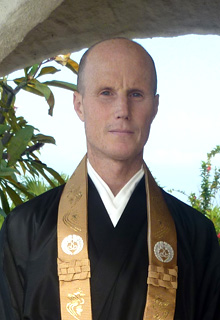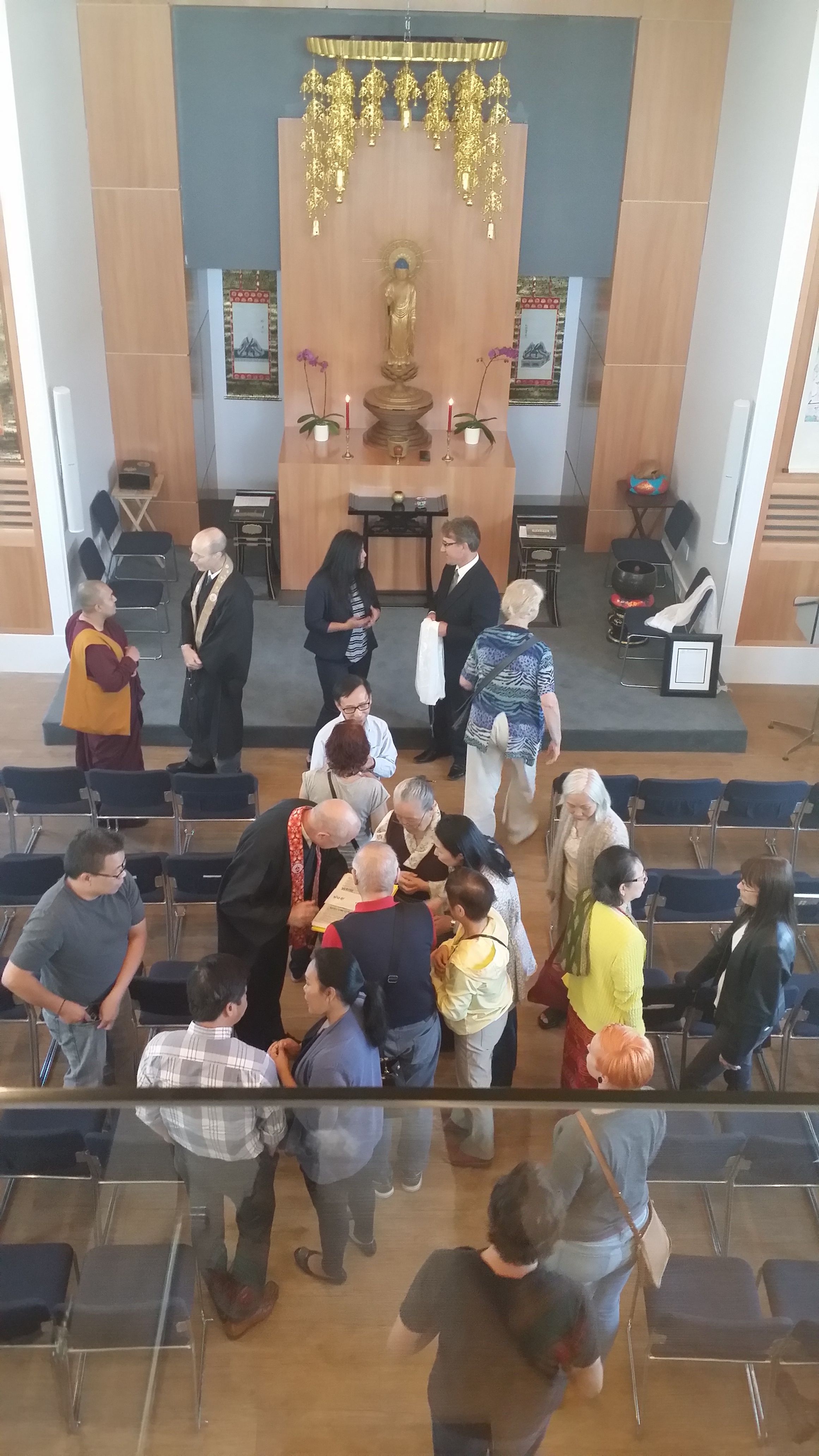Wednesday, October 14, 2015
by CBT Admin
We will be having a “Taste of Japan & Silent Auction” Nov. 7 and will be looking for about 30 volunteers for that evening.
And in preparation for this event, we will be making mein noodles for the chow mein. We will be kneading the dough Oct. 23 at 7 pm at the temple and then cutting and deep frying the dough to make the mein on Oct. 25 at 10 am at the Calgary Japanese Community Association in Killarney.
Please contact either Dan McCormack at dmccormack@petrojet.ca, or Lester Ikuta at ikuta@telus.net.
Come out and meet new people and have lots of fun!!!!
Also if you would like tickets for the silent auction please e-mail one of us. The cost is $50/ ticket.
In Gassho
Lester Ikuta




